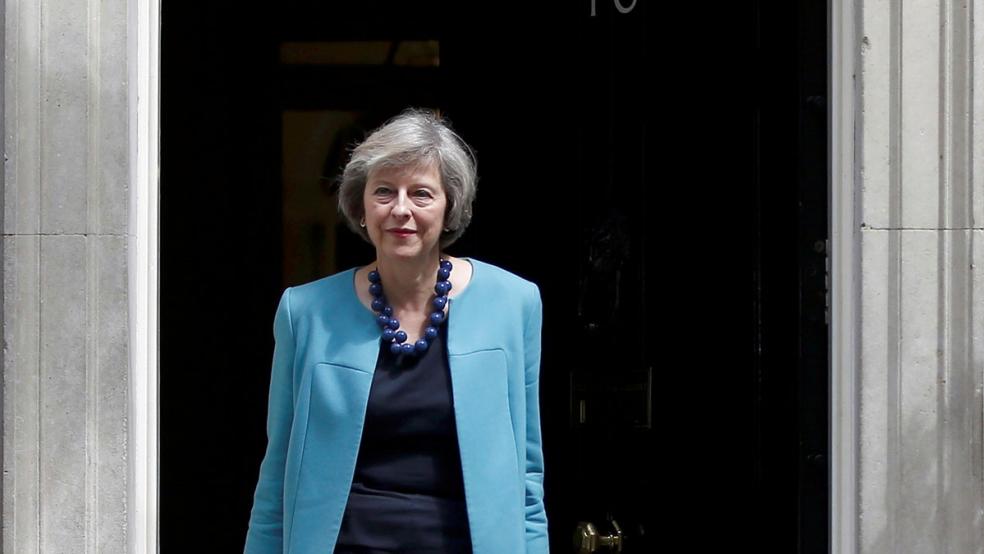In her first speech as Britain’s new prime minister, Theresa May spoke to her country’s working-class families and pledged to build a “better Britain” for them.
“As we leave the European Union, we will forge a bold new positive role for ourselves in the world and we will make Britain a country that works not for a privileged few but for every one of us,” she said.
Maybe she can do that, but it will be a daunting task in a post-Brexit economy and a country that is almost split in half — and might splinter even further if Scotland decides to “secede” from the U.K. in order to remain in the EU.
May has already declared that she will push forward with Brexit, despite a backlash of concerns from members of parliament, British citizens and world leaders.
Related: The Upside of Brexit — 9 Ways You Can Save Money
Just how she proposes to do it remains unclear, and she’ll need to come up with concrete, and potentially divisive, details to go with the soothing bromides. The political risks are high: Already, there have been discussions between Labour and Tory MPs about establishing a new faction.
“There are rumblings of the pro-Remain factions of both of the major parties splitting off and forming a new pro-EU party of the center,” said Christian Jensen, assistant professor of political science at the University of Nevada, Las Vegas. “Also, the Liberal Democrats and Scottish National Party are both unified behind unambiguously pro-EU positions.”
Those divisions leave May in a politically precarious position. “As Margaret Thatcher learned in 1990, when party unity and loyalty aren’t there, even a strong leader like Thatcher can find the rug pulled out from under her very quickly,” Jensen said. “The problem for May is that her party is deeply divided by the Brexit issue.”
British legal scholars continue to debate whether the prime minister has the legal authority to trigger Article 50, the portion of the Lisbon treaty on European union that covers countries breaking away.
The very fact there's ongoing debate “suggests May wants to move quickly,” said Jensen. There’s no blueprint for her to follow, though. “There doesn’t seem to be a plan for how to manage Brexit or what negotiating positions to start from,” Jensen said. “She’ll need to form a plan quickly and be seen to have a plan.”
The public relations aspect of that is key to reassuring both the British people and global markets. As Jensen said: “A secret plan to manage Brexit won’t cut it.”




